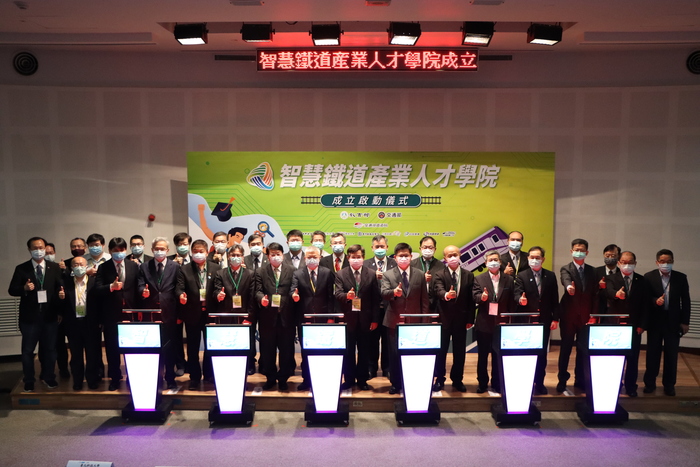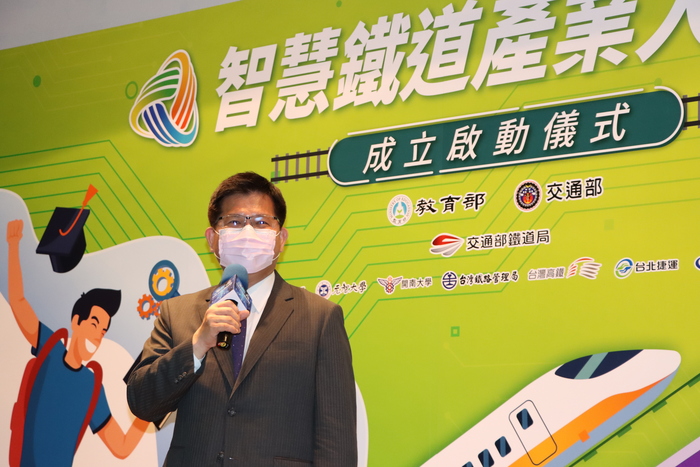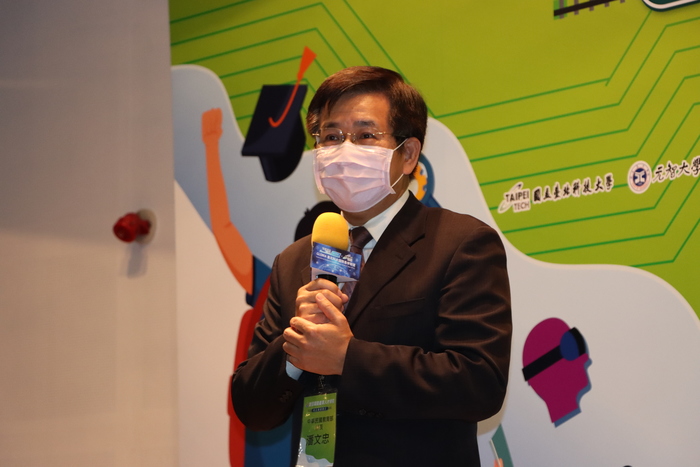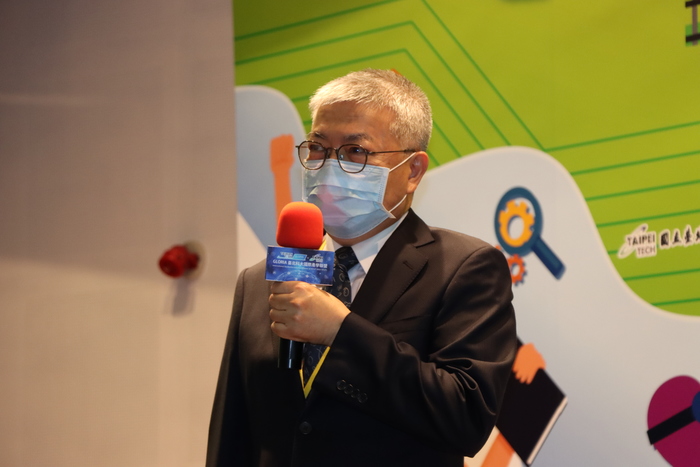Government, universities, and MRT corporations join hands to accelerate smart railway training




To accelerate the development of next-generation smart railway systems, the Ministry of Transportation and Communications (MOTC) has recently revealed the Smart Railway Education Program in its 2020 Transportation Technology Policy White Paper. On April 21, Taipei Tech, together with its partners Yuan Ze University, Kainan University, the Taipei MRT Corporation, and the Taoyuan MRT Corporation, launched the Smart Railway Institute, with the goal of cultivating the core smart railway talent in Taiwan.
Chia-lung Lin, Minister of Transportation and Communications, said in the opening ceremony that Taiwan has the strong education system and mature railway industry necessary to provide training for smart railway professionals. MOTC and the Ministry of Education (MOE) will be working together to provide training in the software and hardware aspects of railway construction, operation, and station development. Through this partnership, Lin hopes that Taiwan will quickly build the technological and logistical capacity to renew domestic railway systems and export our technologies abroad.
Wen-chung Pan, Minister of Education, said that the new institute will offer programs in the smart railway vehicle system, the 5G intelligent train control and security system, and augmented-reality-enabled passenger services. The partnership between the three universities and the two metro corporations will promote industry-academia collaborations. The partnership will also lead the effort in educating professionals in operation management, safety maintenance, engineering technology, and smart technologies. The Smart Railway Institute will serve as a platform for the advancement of Taiwan’s railway industry and the integration of research resources from industry, the government, and academia.
Sea-Fue Wang, Chairperson of the Smart Railway Institute Preparatory Committee and President of Taipei Tech, expressed his thanks for the support from MOTC and MOE, as well from Yuan Ze University, Kainan University, the Taipei MRT Corporation, and the Taoyuan MRT Corporation, in the preparation of the Smart Railway Institute.
Wang pointed out that the institute will serve as a platform that integrates resources and will focus on the development of practical training materials and facilities. Looking forward, the Smart Railway Institute will also promote smart railway course certification to allow more educational organizations to provide qualified courses. Wang hopes that more businesses and organizations will take part in this joint effort to educate smart railway professionals and make Taiwan a model of global success.